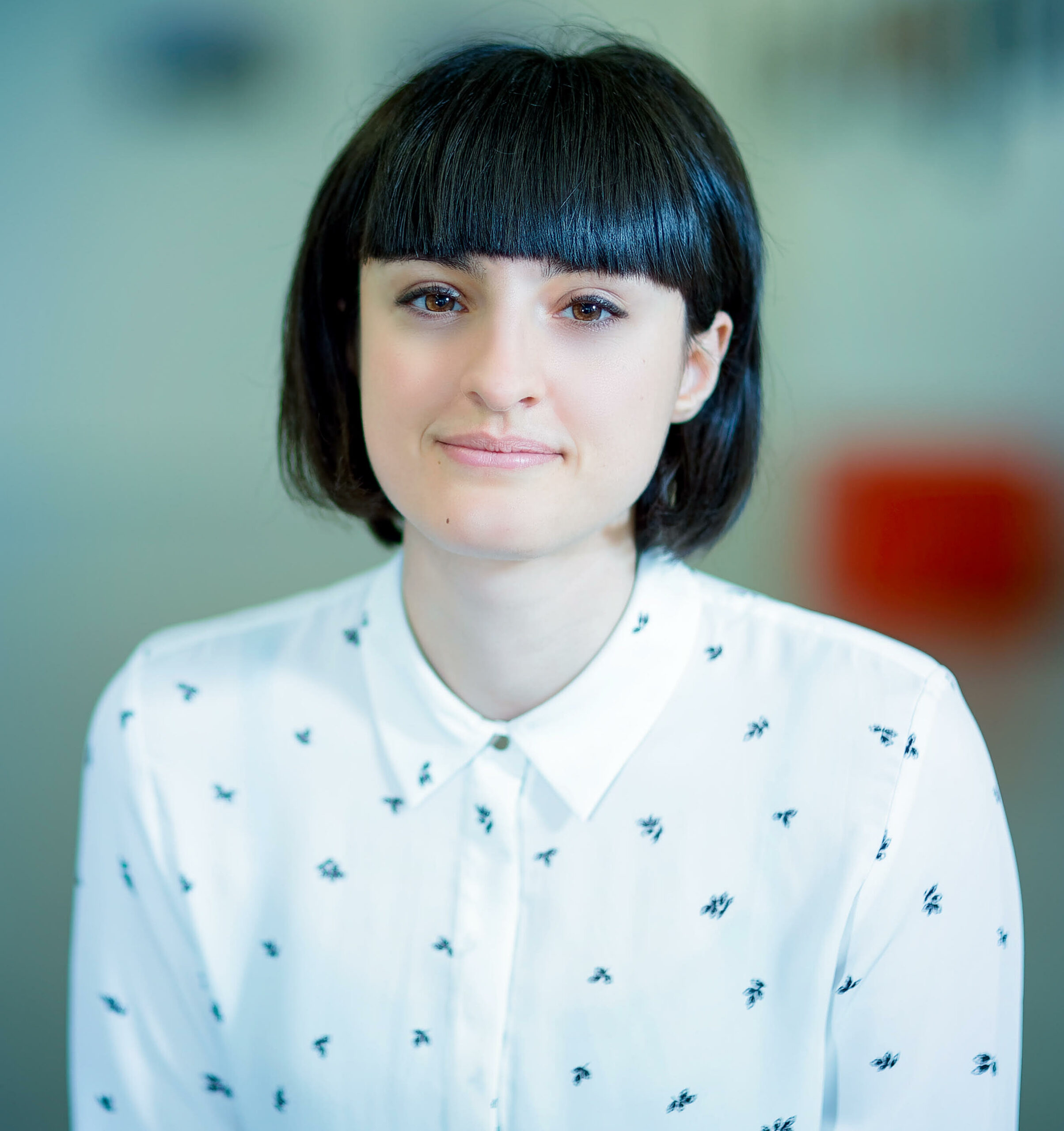Born in Skopje, North Macedonia • Birth year 1993 • Studied Computer Science in Skopje and Sweden • Master in Computational Engineering from the University of Strasbourg • currently a PhD candidate at the Basque Center for Applied Mathematics in Bilbao, Spain
My path to becoming a researcher in applied mathematics has been anything but calculated. My first childhood dream – that I actively started pursuing – was to become a librarian. I was and still am a massive bookworm. At the beginning of primary school, I became part of the library section. I spent nearly all of my school breaks and free time before and after school at the library bookkeeping, sorting books, and taking part in the organization of literary events. By the end of primary school, I started taking part in library competitions and even ranked at the top. Since most likely you wonder what a library competition is, it is about the history of writing, books, libraries, and classification systems to organize library resources. At the same time, I was studious, and I did well in school. I liked maths, but I was much more passionate about literature.
By the time I had to decide on a secondary school, I was old enough to realize that being a librarian or any profession related to it, unfortunately, would not offer me too many prospects in my country. My parents insisted I should go in a general direction first. So I went to a gymnasium. During my secondary school years, my parents got me and my brother our first computer. It became my second passion. Like many other kids at that time, we got obsessed with it, mostly playing video-games, and painstakingly surfing the Internet at a speed of a few kbit per second. For my part, eventually, I became obsessed with how it works. I became determined to learn how to build a computer. And how to develop video games.
That is how I decided to study computer science and engineering. The local university had just opened an independent faculty for computer science, and I became part of its first generation of students. I got to know everything I wanted to know and tried my hand at many different things like computer architecture, algorithms, desktop applications development, system administration, and web development. However, my first two years of university completely changed my relationship with maths for the worse. I had a couple of extremely demanding maths professors that required us to learn whole books of theory by heart. It almost completely stifled my motivation for learning maths.
I took a course on scientific computing with concrete applications in biomedicine that completely turned my life around. That is when I discovered a whole new universe.
In the final semester of my bachelor’s, I was still considering continuing my education with video games development or working as a web developer. Then I took a course on Scientific computing with concrete applications in biomedicine that completely turned my life around. That is when I discovered a whole new universe. Inspired by the classes, I started taking all the courses I could find on Coursera about scientific computing on various topics to see what is out there. I went back to exploring partial differential equations, mathematical modeling, and physics, with different eyes, in much more detail. This time, I saw an infinity of possibilities in the intersection of scientific programming and natural sciences.
I found myself a student again, earning a living by freelancing mostly as a web developer to support my studies.
That is how, to my utmost surprise, after an intense period of finishing my Bachelor’s, simultaneously working as a developer, and applying for master’s degrees, I found myself in Strasbourg. I started studying Computational Mechanics, diving into mathematics and physics with applications in many other fields, such as the mechanics of solids, fluids, hydrology, and geomechanics (the distribution and movement of groundwater in the soil). I was reluctant at the time to make this step because it was a radical change for me, and I had made a split-second decision to leave my job at the time. I found myself a student again, earning a living by freelancing mostly as a web developer to support my studies. It was a risky step that I have come to regret during certain difficult times on the way.
Each time I did, I found something that fascinated me and won me back to research. I stuck to it and even continued with a Ph.D. in solid mechanics and high-performance computing. Today there are times when I still doubt my choice. Doing a Ph.D. is an arduous journey (or a labyrinth) that can be very exhausting and equally rewarding, the latter driving me forward.
I realized that the world is an open book, today more than ever, for those that dare to read it. While in the past, it used to be a library, with different books strewn across the globe, not easily accessible to others, today it has merged all into one book. Many times we are the ones that constrain ourselves, not the world around us, as we can make ourselves believe. With time, I have learned to accept uncertainty and volatility as a good thing. I like to think that I have infinite choices. Next year, I could take a project in environmental studies or computational astronomy. I could just as well open a book shop in New Zealand. Chase your passion and dare to go on an adventure!


Recent Comments